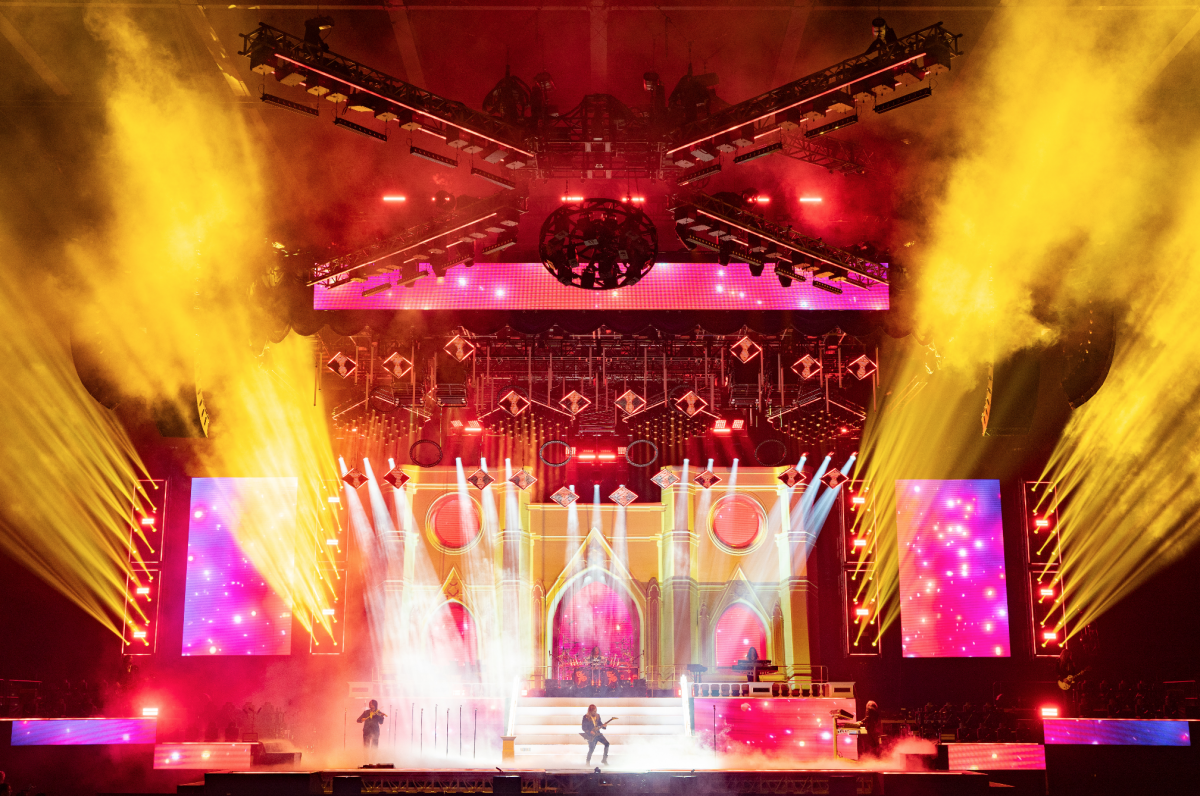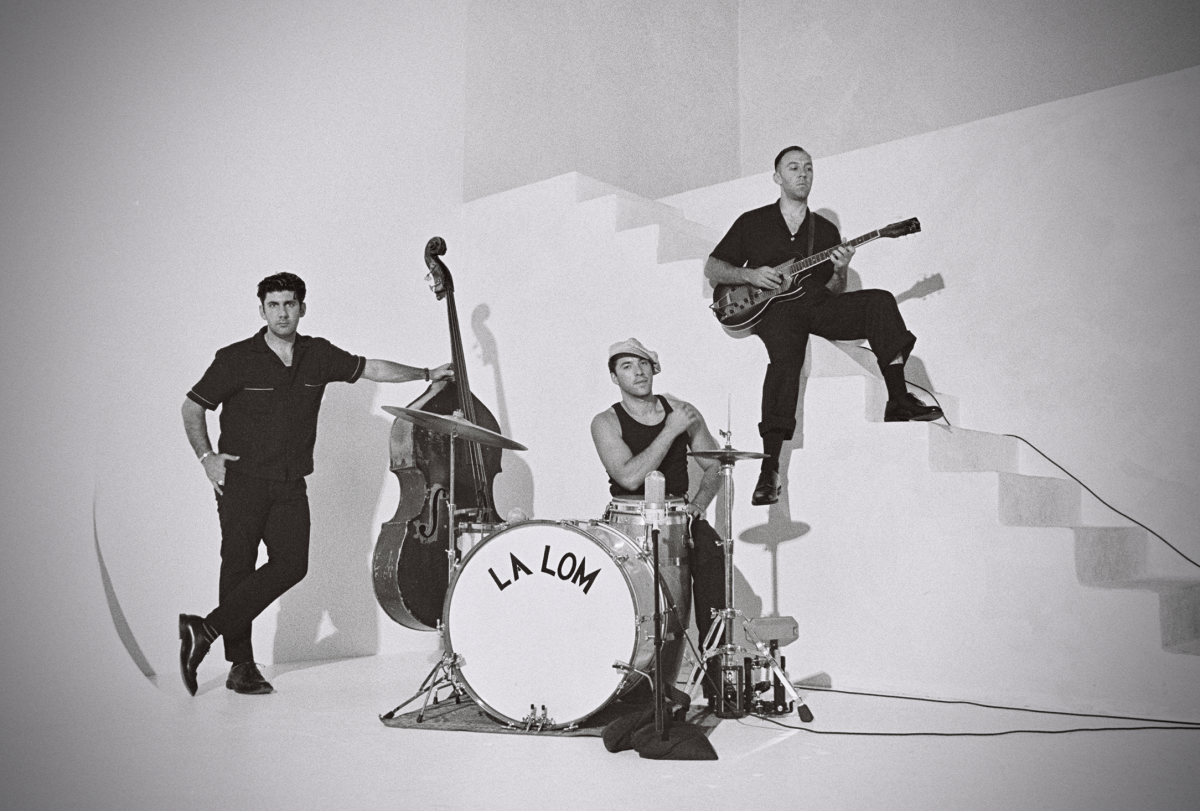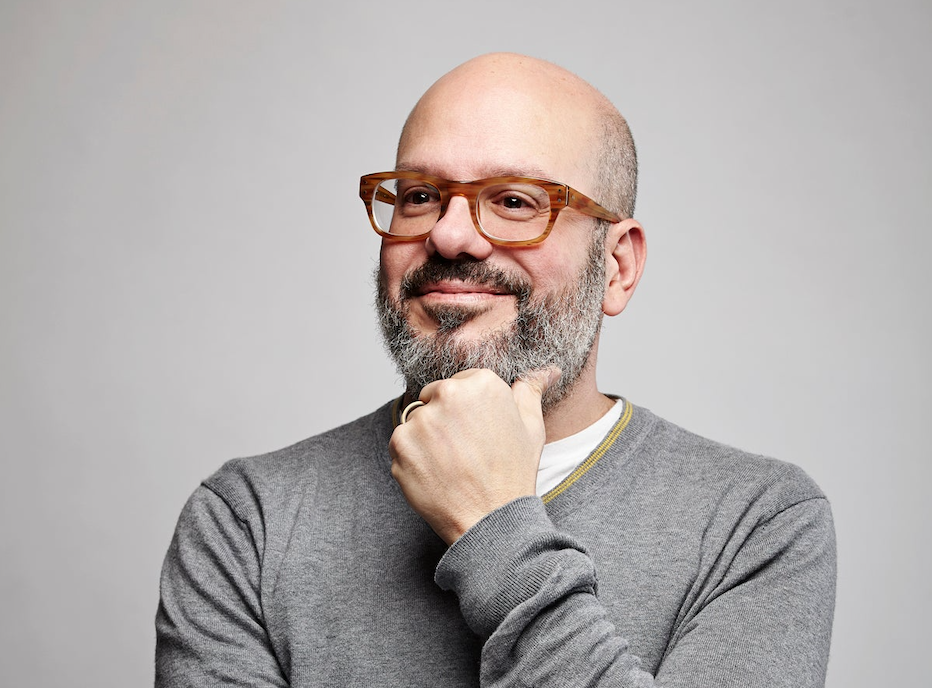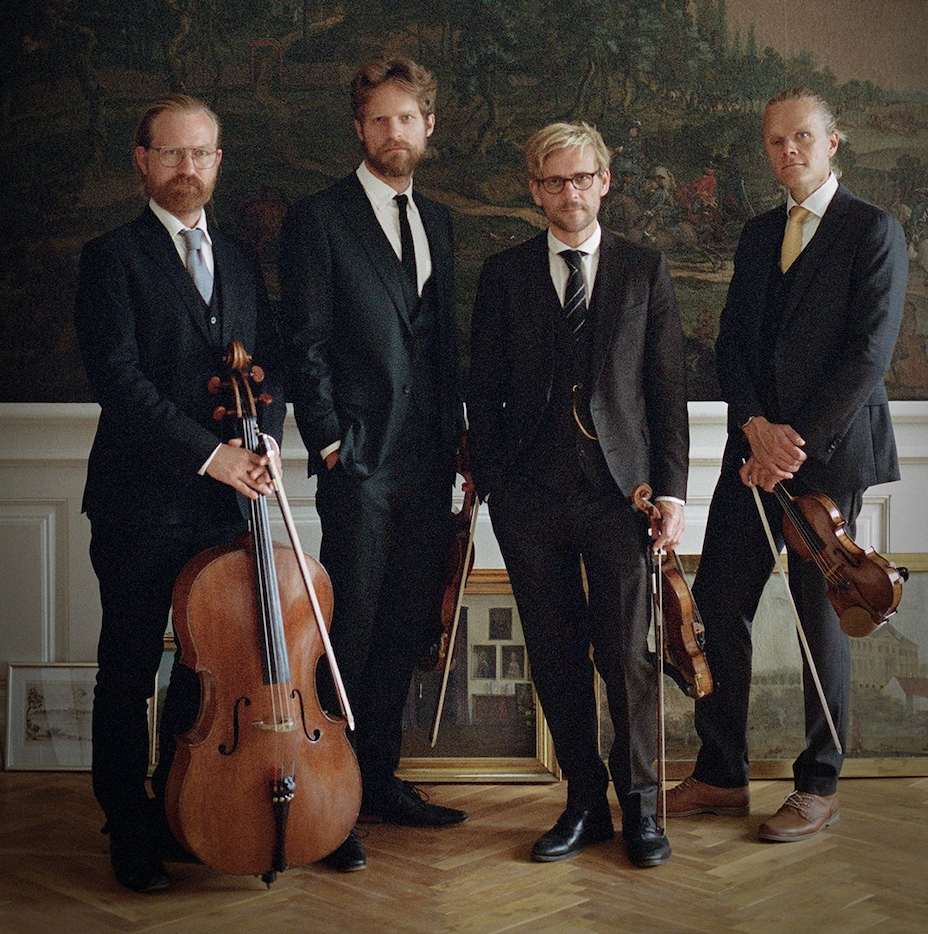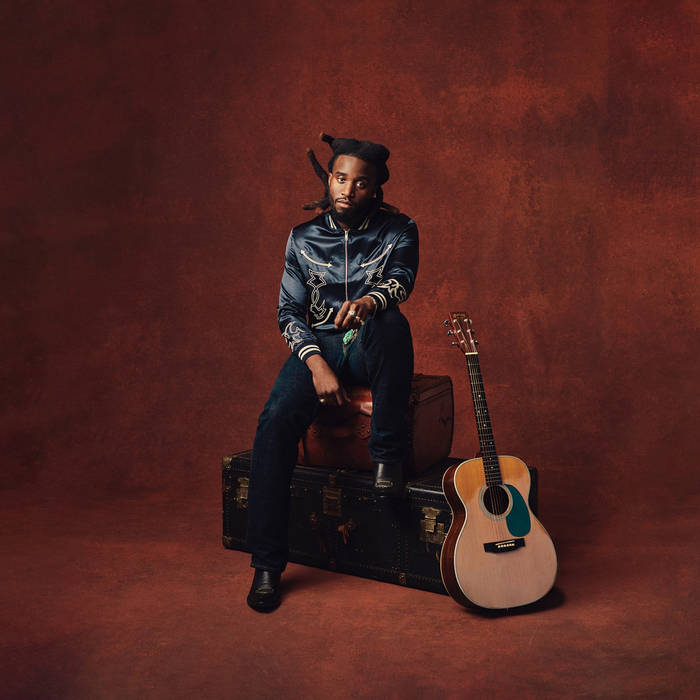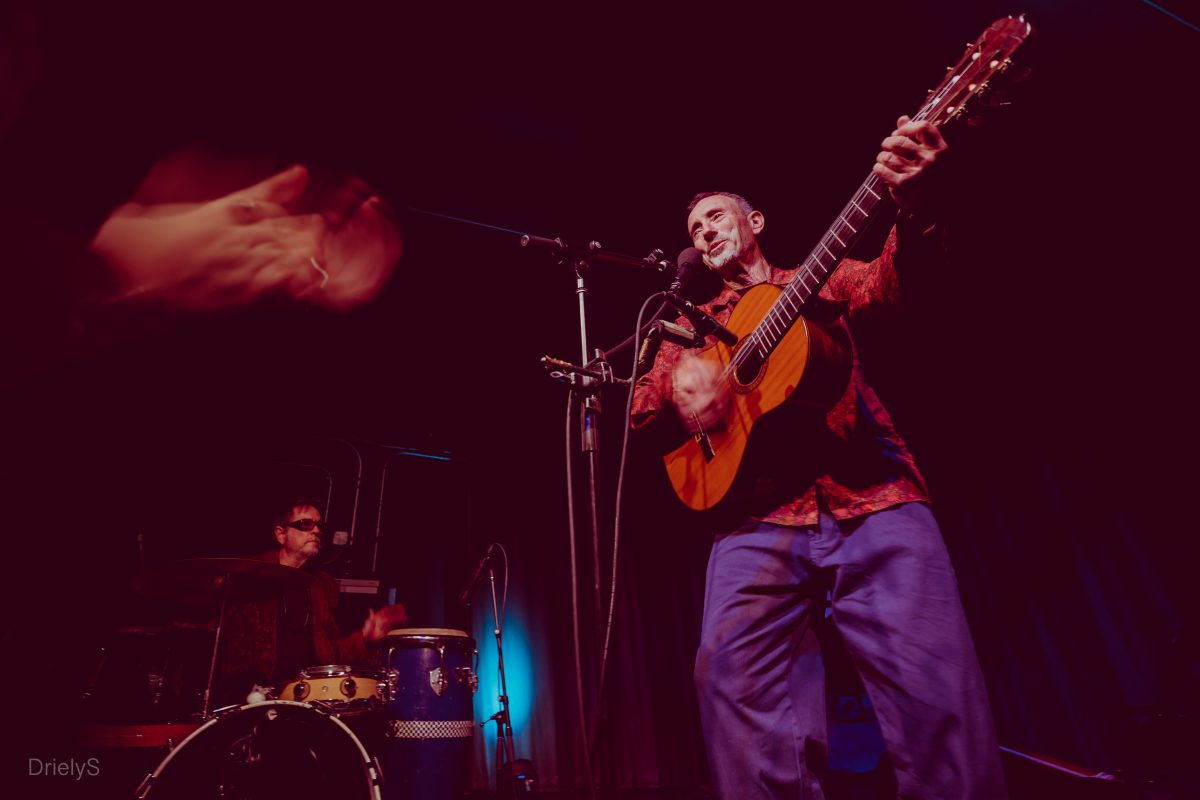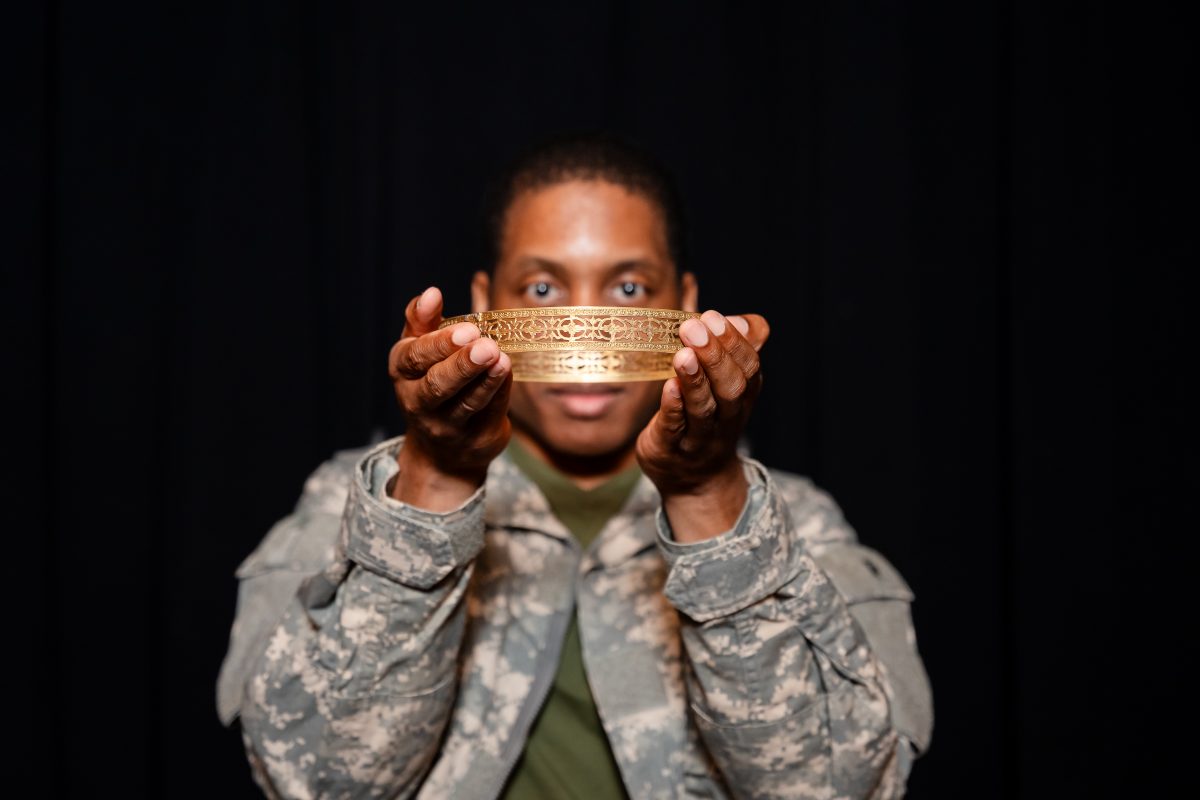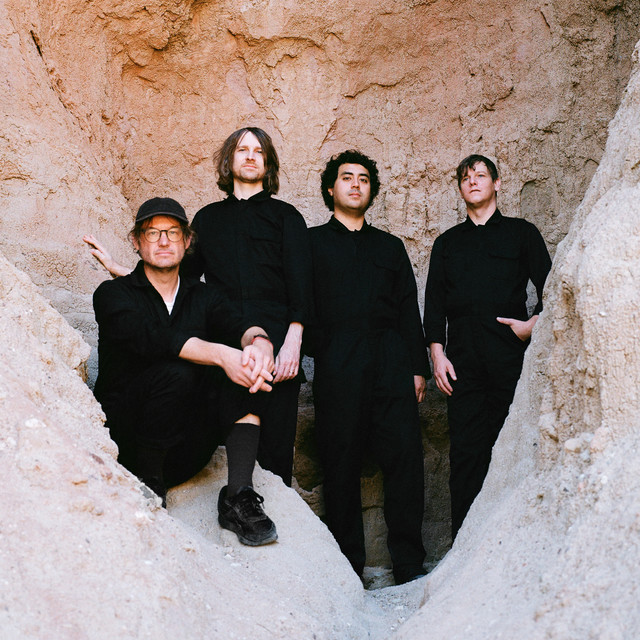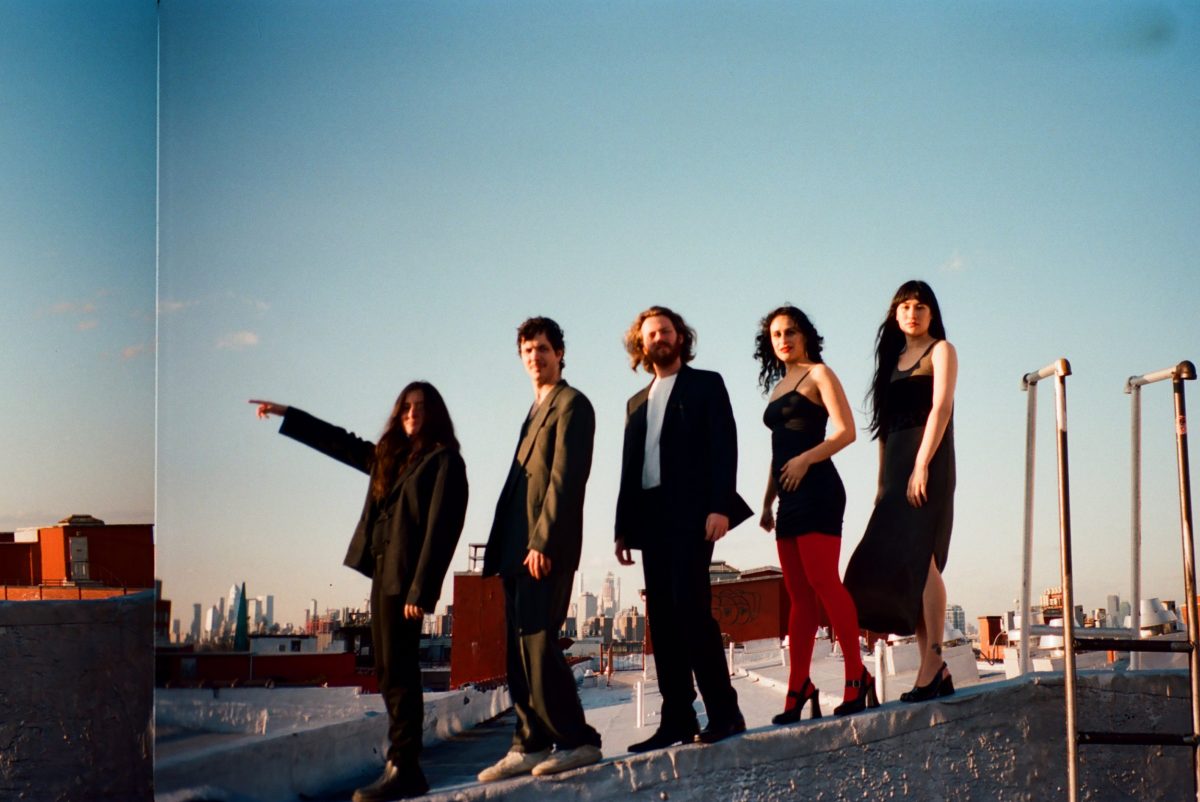Thursday 12/19 at John Paul Jones Arena
I thought I knew enough about Trans-Siberian Orchestra, but it turns out that just about everything I had in mind was wrong.
For starters, I let the name fool me—its founding members were American, with the band’s visionary producer, composer, and lyricist, the late Paul O’Neill, born in Flushing, Queens. Next, I would have eagerly wagered that the group had formed in the ’70s (nope, 1996). I also thought, yeah, sure, it’s a hard-rock prog band that did some Christmas stuff and somehow fell ass backwards into regular rotation on holiday radio playlists. That assessment is far from correct.
TSO’s debut record actually emerged by jamming the Yuletide full throttle with Christmas Eve and Other Stories (1996), followed up with The Christmas Attic (1998). A year later, a made-for-TV theatrical, “The Ghosts of Christmas Eve,” was broadcast, and then, between the release of two ponderous non-late-December-based concept albums, TSO put out The Lost Christmas Eve (2004), and a 2012 EP, Dreams of Fireflies (On a Christmas Night). The band even published a novella in 2013 as part of its trilogy of the aforementioned full-lengths called—and I’m not joking here—Merry Christmas Rabbi.
Did I have Trans-Siberian Orchestra confused with Mannheim Steamroller? Because that band has a lot of Xmas discs to its credit, too. It led me to raise the question: How much Christmas is too much? One thing that simply cannot be refuted is that excess and Christmastime reign supreme with TSO.
From the bombast of electric violins and the chorus of many vocalists, to the over-the-top dexterity of well-rehearsed rockers speeding up the necks of their guitars as if the holiday itself depended on it, TSO does not deal in moderation. Interlocking rainbow webs of lasers, platforms raised to the heavens, whirling lights, and enough fire plumes to make a vintage KISS concert seem chilly, the band’s live show is a mad search to eradicate the Grinches among us with good will, sleeveless shirts, aggressive hip thrusts, and as many moving pieces as Cirque du Soleil.
TSO has become so synonymous with the holiday season in the U.S. that there are actually two versions of the band on tour simultaneously. While the East Coast TSO demonstrates the power of giving to Charlottesville, with guitarists Joel Hoekstra (of Whitesnake) and Chris Caffery leading the charge, a West Coast TSO is held down by original member Al Pitrelli stuffing the ever-loving stockings of a dazzled audience in Indianapolis.
If you’re doing your utmost to keep Christ in Christmas, and I don’t mean to imply that going to this show is the opposite of that directive, or that the show is antithetical to praying at church for that matter (look, I’ve probably never been to your church), but epileptics, celibates, and fundamentalists should be aware that TSO sure as hell ain’t Vince Guaraldi’s A Charlie Brown Christmas.
Hopefully these factors don’t scare you away from getting pumped, getting glammed up, and getting your Chrimbo on with the same great joy as the angel who brought good tidings from Bethlehem to the shepherds, who, if memory serves, were also momentarily terrified before they realized what was happening.
